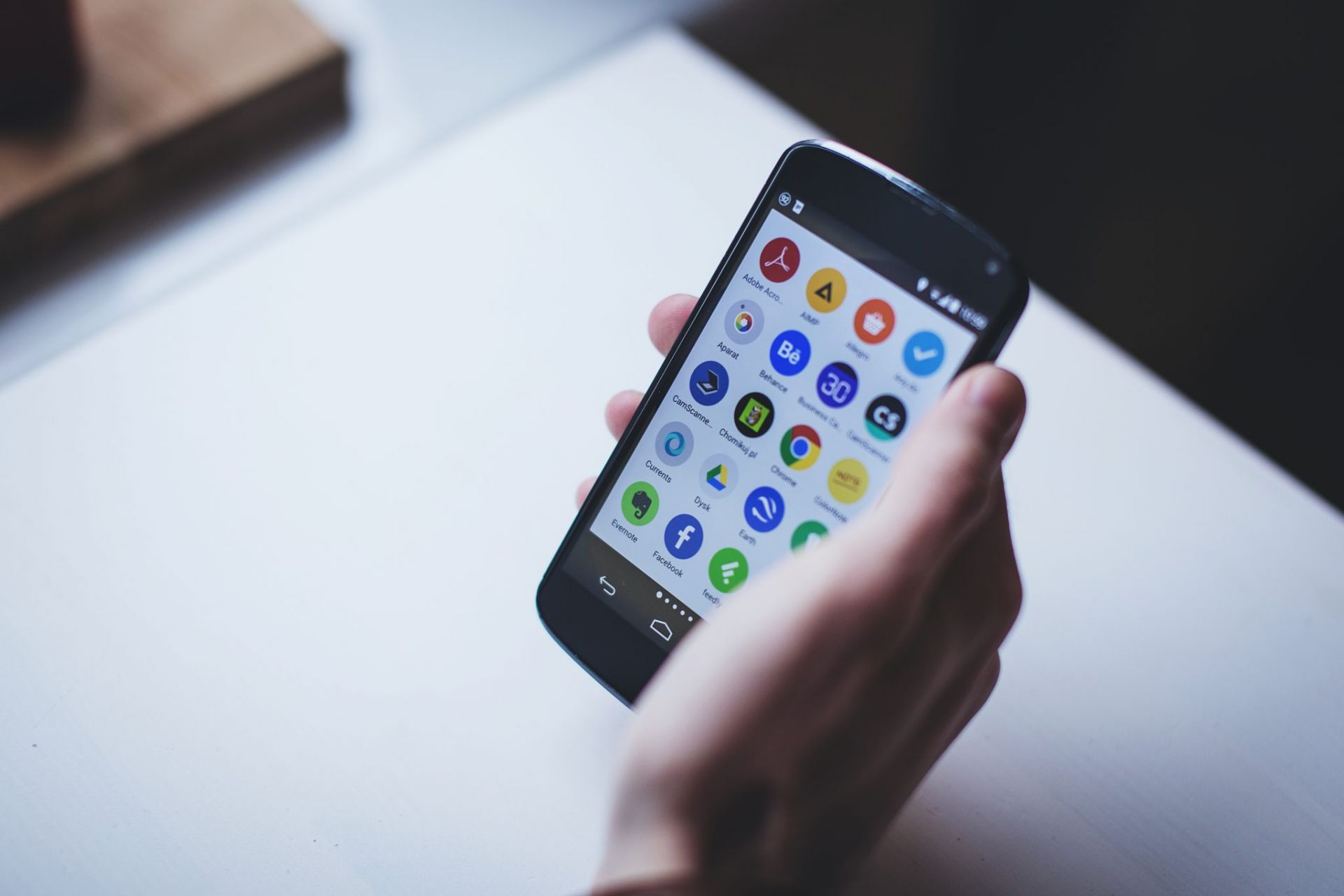2012 Election Season Ripe for Third Party [Tech] Platform

America seems to like its two-party system because no matter how much we may lament it, we don’t seem to support a robust third party. Mobile phones must be following this same trend as Apple and Android continue to enjoy the lion’s share of the mobile device operating systems. Consumers vote with their purchases, while app developers and device manufacturers resemble the special interests and super-PACs influencing those voting decisions. Unlike political elections, though, we usually have a plethora of third party platforms we can rely on to challenge or innovate against dominant tech leaders. But a third party platform will not emerge by itself in the Mobility space even if it has the world’s largest marketing campaign ever. Just like politics, there are a lot factors and coalitions of constituencies that must come together to build any recipe changing the status quo. The Windows 8 Phone is the third party platform developers are most excited about, but the politics behind market share and revenue are creating an election-launch cycle indicating a third party platform-candidate can win the votes of the worldwide 4 billion feature phones yet to upgrade.
Microsoft is launching the Windows 8 operating system for the desktop in conjunction with the Windows 8 (smart) phone, and its use of Metro style and HTML 5 indicate a sea change at Microsoft committed to user interfaces and experiences that are mobile device friendly. We can expect a blizzard of smartphone ad campaigns heading into the holidays for Apple’s iPhone 5, Google Android (namely Samsung’s Galaxy S3), and Windows 8 Phone. More importantly, at least in terms of forecasting Windows 8 Phone’s relevancy with consumers, is whether or not the ecosystem of carriers make Windows 8 relevant. Signs are good for Windows 8 phone in this regard, but it may have nothing to do with how good or bad the phone actually is, and more to do with the politics of revenue as carriers seek alternatives to the royalty and subsidy demands of the market leaders.
As Apple and Samsung sue each other over mobile phone technology patents, the market ponders Android’s rise at Apple’s expense. Other industry analysts point out how one company’s leading share in a technology space has not translated into other areas; Apple iPhone hasn’t translated into more market share with PCs, Google’s search engine success hasn’t translated into much against Microsoft Office, so why should Windows 8 be any different with about 5% market share? However, Microsoft has a market share success under its belt with the Xbox and has shown a willingness to market to young (mobile) audiences with Bing (on MTV for example). What does this mean for the Ralph Nadar of mobile phone market share? It means that, unlike a political third party candidate, Windows 8 Phone has already qualified for place on the stage next to iOS and Android, and billions of swing votes are out there who may not remember Microsoft’s past struggles in the Mobility space.
Blogger : Dominick
[simple-social-share]


